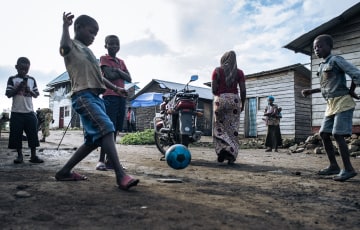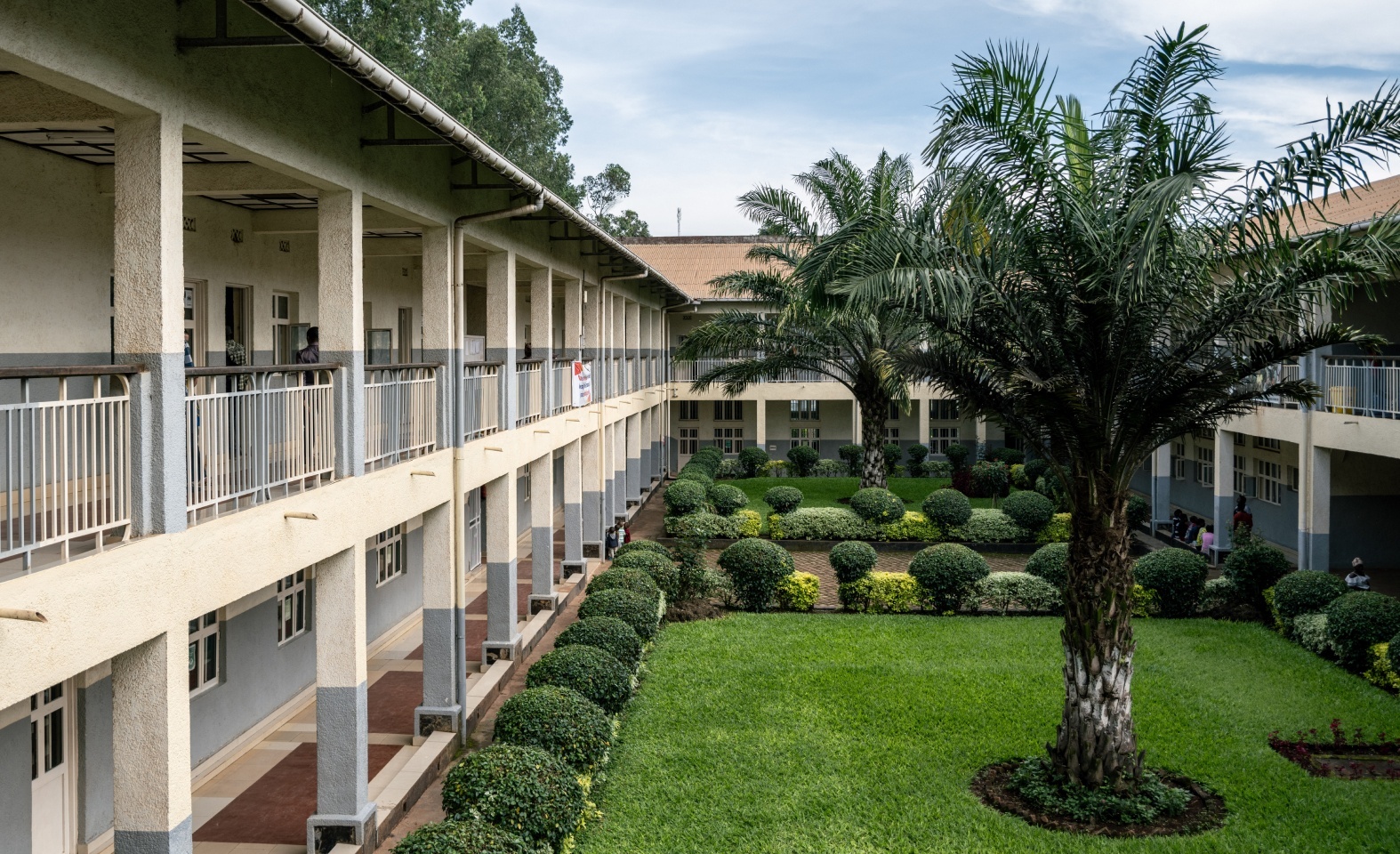On the occasion of the International Day for the Elimination of Violence against Women, we pay tribute to the resilience and strength of women who, despite all the discrimination, abuse, and violence to which they are subjected, continue to carry their families and many vital sectors of the economy and society on their shoulders.
Violence against women is one of the most serious violations of human rights and is widespread throughout the world, in all societies and in all social classes. It takes place within families, at school, at work, in the street and increasingly online. This violence, which takes many forms in both the public and private spheres, is preventable and must stop now. If we are to meet the major challenges facing humanity, including the Sustainable Development Goals and the establishment of peace in countries aspiring to emerge from conflict, we must eliminate violence against women and girls and put an end to this truly global pandemic.
The main origin of gender-based violence is the inequality between women and men in our patriarchal societies. The best tool to prevent and eliminate it is education. This must begin at an early age and continue throughout life in order to change the paradigm of domination and submission and move towards harmonious complementarity and mutual respect, in the interest of all. To this end, we aspire for boys and men to break free of toxic masculinity and embrace a positive masculinity. This much-needed change will not only come from the education provided by parents and teachers, at home or in school, but will also come from the modification of social norms conveyed and transmitted by certain traditional and religious leaders, as traditional and religious values have often been and remain a source of violence for women and girls.
While it is crucial to change social norms, it is also urgent to eliminate or reform all legislation that discriminates on the basis of gender. The law must be a tool for the advancement of society as a whole and for the protection of everyone on an equal basis, and it is therefore imperative to remove laws that discriminate against women and to mobilize real political will to adopt and implement progressive laws on women’s human rights.
To combat gender-based violence, prevention efforts must be accompanied by the care of victims and the prosecution of perpetrators. Indeed, public authorities that have not been able to protect victims in time have a duty to provide accessible and quality care, including psychological support, medical treatment, socio-economic services and legal assistance. This holistic care must be considered as a human right to rehabilitation, and we call on all frontline actors involved, including the police, to adopt a respectful and non-stigmatizing attitude towards the victims, as the shame and blame must be transferred to the shoulders of the perpetrators where it belongs.
The time has come to put an end to the culture of impunity for violence against women. We are encouraged by the liberation of survivors’ voices and by the global women’s movements that play an important role not only in drawing attention to the extent and gravity of the phenomenon of sexual assault and harassment in our societies, but also in encouraging victims to make their voices heard and to claim their rights to justice, truth, and reparation. This dynamic is fundamental because in order to fight against the scourge of violence against women, it is necessary to break the silence, which is the ultimate weapon of aggressors. Thus, we salute the courage of women who break the silence and decide to file a complaint, but we also urge witnesses of violence to act and to denounce it when it occurs before their eyes.
On this day, we are launching a global call to make the elimination of violence against women a priority at the international level. This imperative is all the more urgent in the context of the crisis of the COVID-19, which has exacerbated inequalities and led to an increase in violence against women and girls.
Thus, we salute the leadership of the United Kingdom, which took advantage of its presidency of the G7 to endorse ambitious commitments such as the establishment of a red line against the use of rape and sexual violence as a method of warfare, an increase in the number of young girls with access to schooling, and greater representation of women in public life. We also support the initiative of France and Mexico, which, together with UN Women, organized the “Generation Equality Forum” this year. On this occasion, a Global Acceleration Plan for Gender Equality was launched, more than 40 billion dollars was mobilized, and a series of international commitments were made on subjects as varied as women’s sexual and reproductive health and rights and the defense of women human rights defenders.
Together, men and women, we can and must build a future free of violence against women and girls to realize their full potential for the benefit of society as a whole and to build a more just, equal, and dignified world, where women and girls will live free from fear and violence —in times of conflict as well as peace.
Dr. Denis Mukwege










